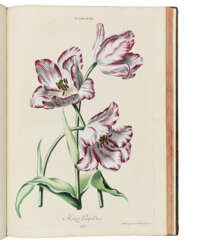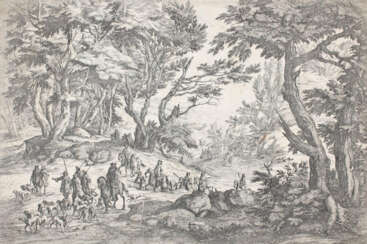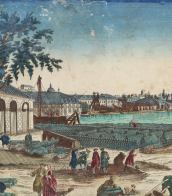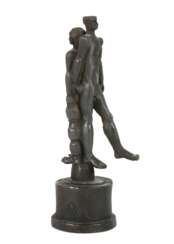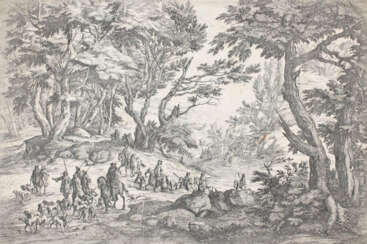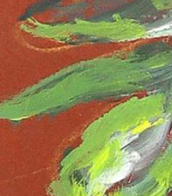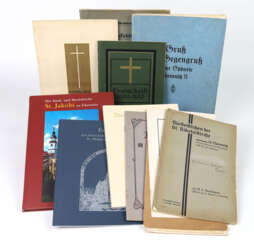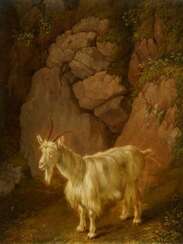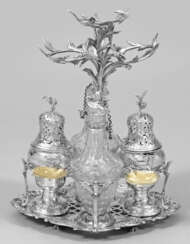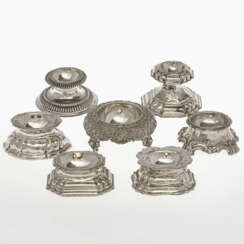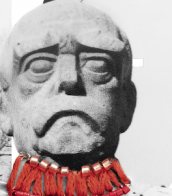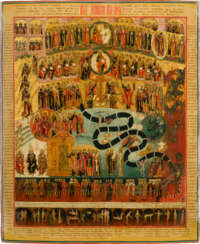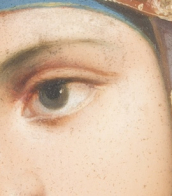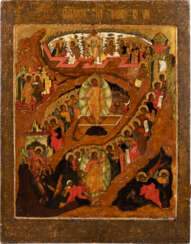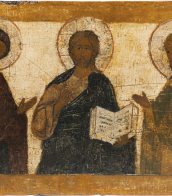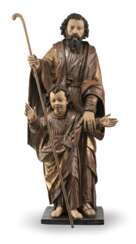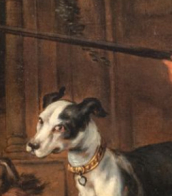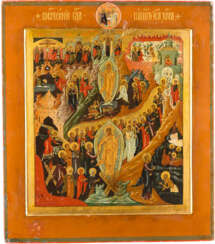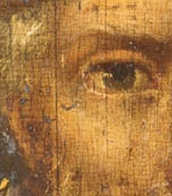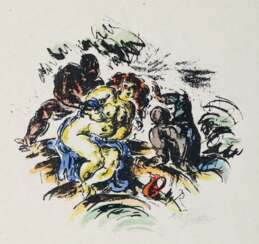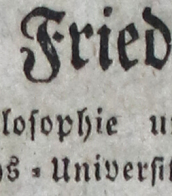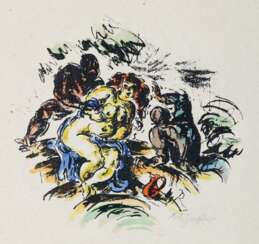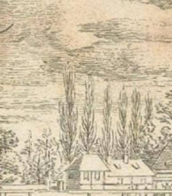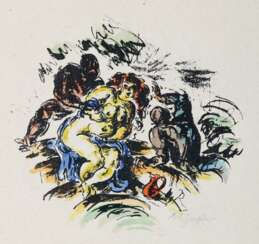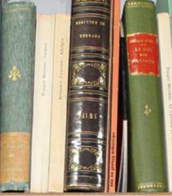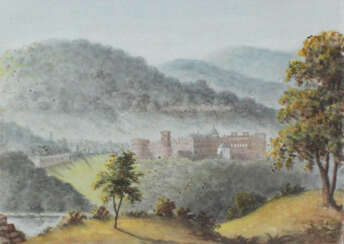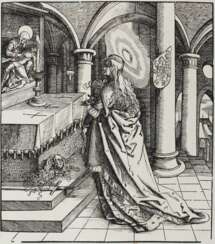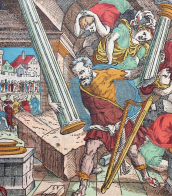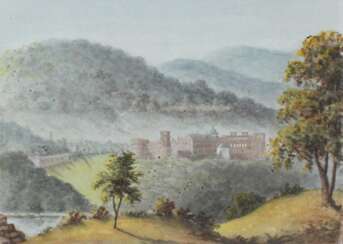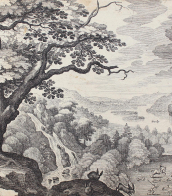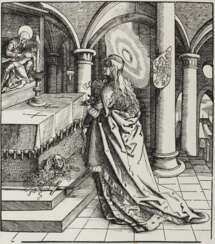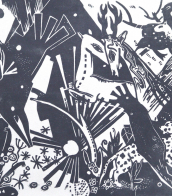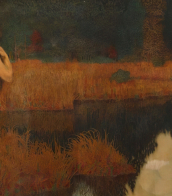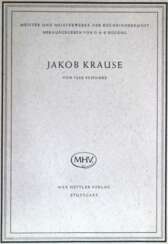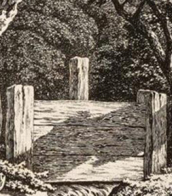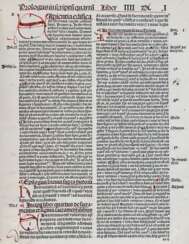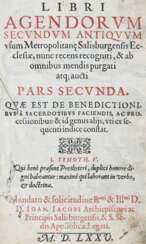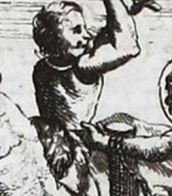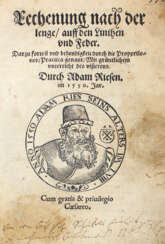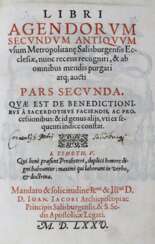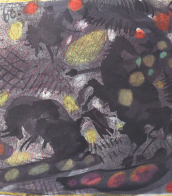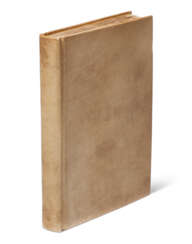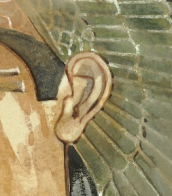jakob adam
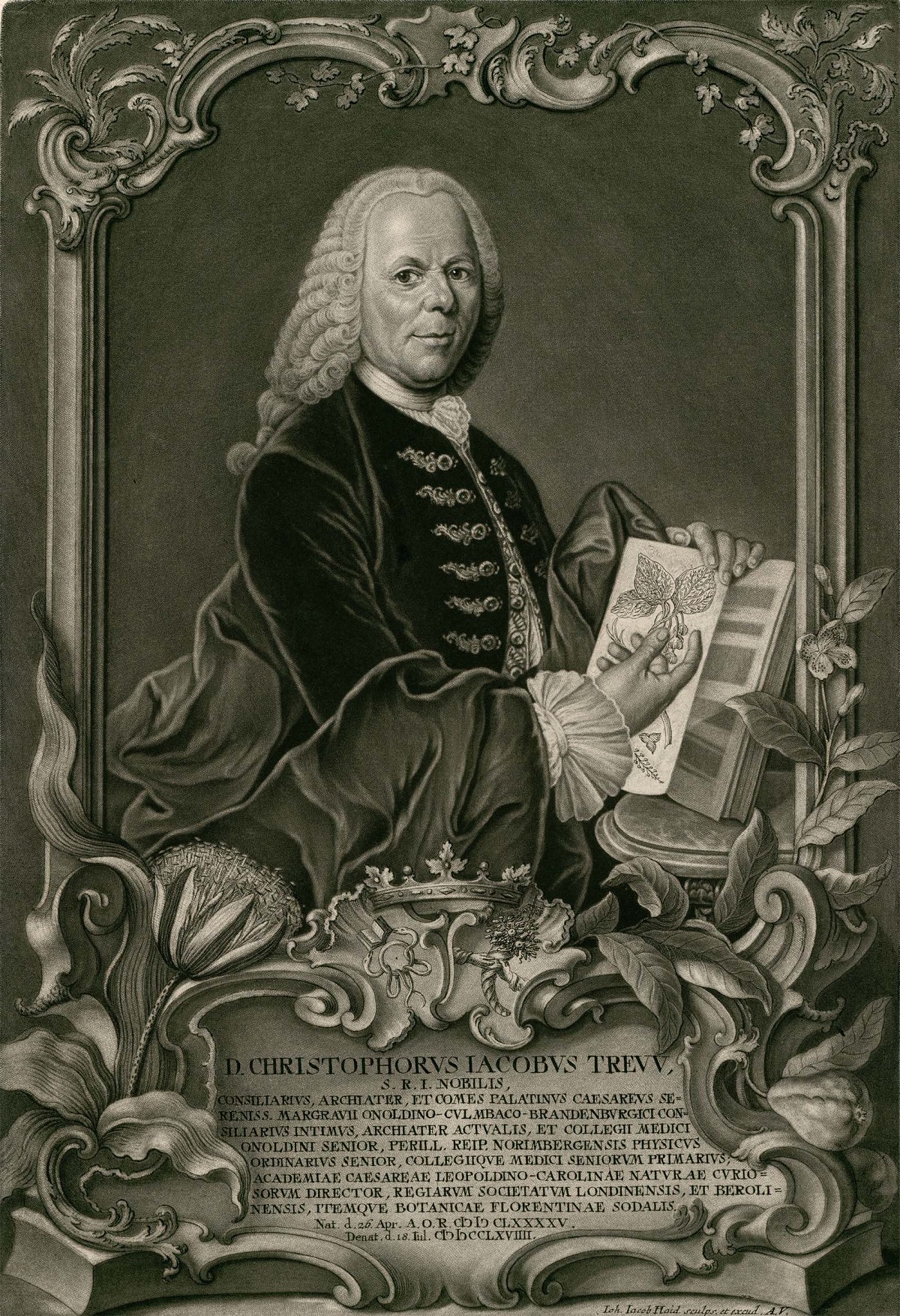
Christoph Jacob Trew was a German botanist.
He was originally a city solicitor, court physician, Count Palatine of the Holy Roman Empire, an advisor to the Margrave of Brandenburg-Ansbach. He also had an academic passion for botany. He was a member of the Royal Society of London, the Berlin Academy, and the Florentine Botanical Society. His interest in botany then led him to sponsor the publication of illustrated botanical books.

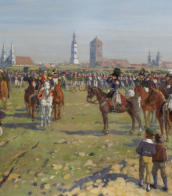
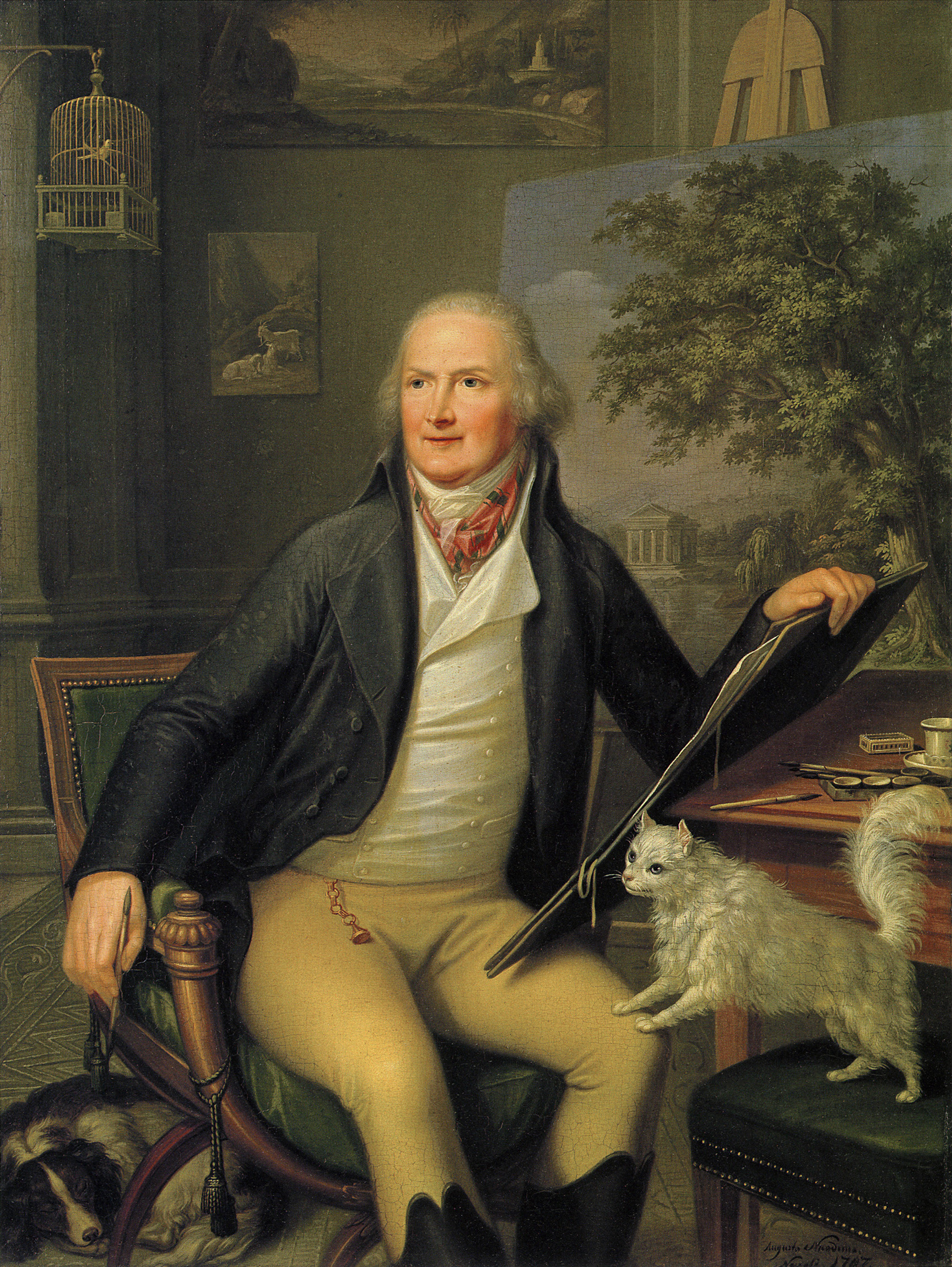
Jakob Philipp Hackert was a German painter of the second half of the 18th and early 19th centuries. He is known as a landscape painter and printmaker, a representative of neoclassicism and romanticism.
Hackert reached the peak of creative activity in 1770-1780. He was recognized by the European aristocracy, and for a time served as court painter to King Ferdinand IV of Naples, as well as receiving commissions from representatives of the Russian imperial family, such as Empress Catherine II and the heir to the throne, Paul Petrovich. His work, according to critics, was characterized by high craftsmanship and aristocratic elegance.

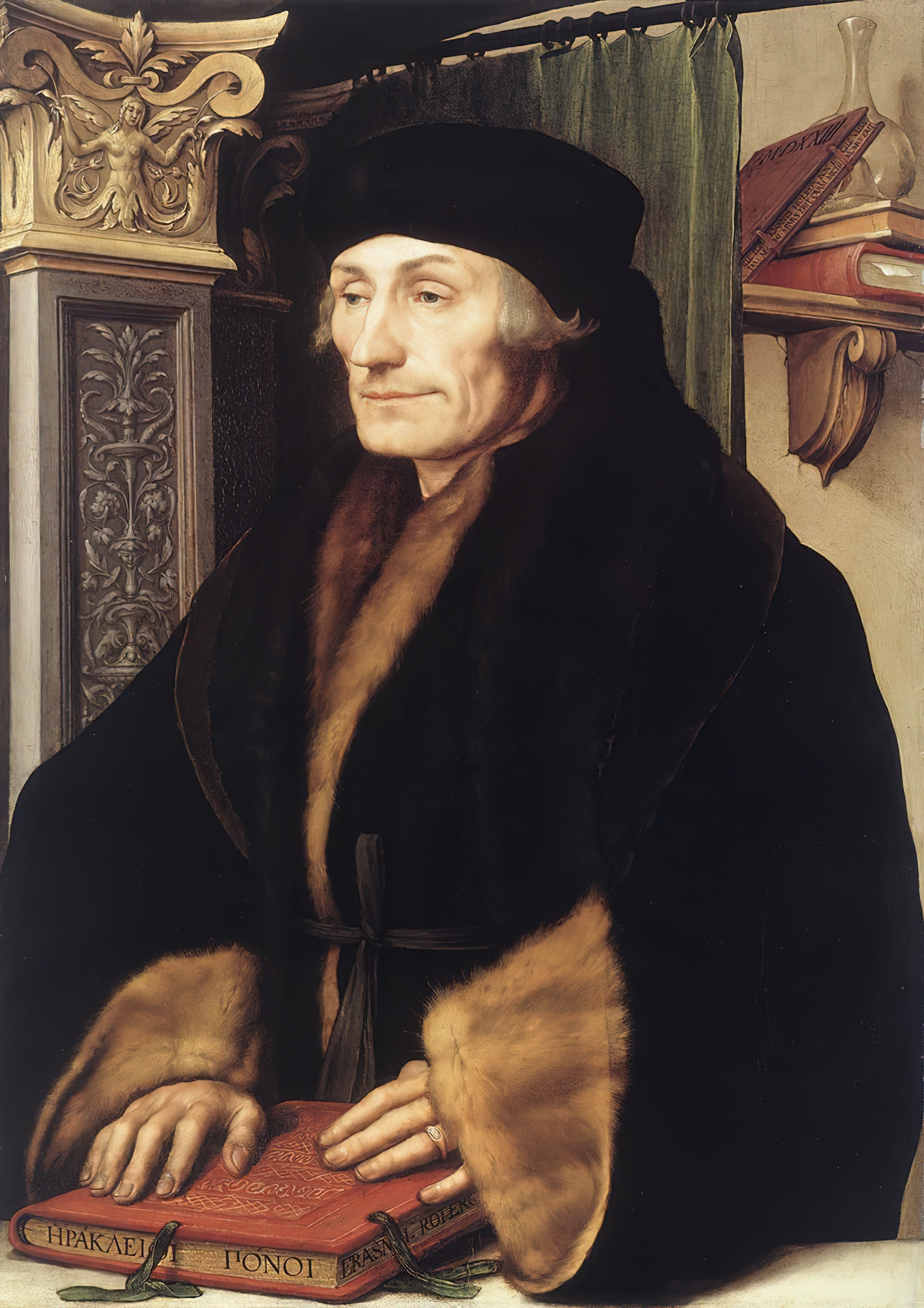
Desiderius Erasmus, also Erasmus of Rotterdam, or simply Erasmus (Latin: Desiderius Erasmus Roterodamus, Dutch: Gerrit Gerritszoon) was a Dutch humanist, philosopher, and the greatest scholar of the Northern Renaissance.
He was illegitimate and brought up under the name Gerhard Gerhards, later in Latin his name was dubbed Desiderius Erasmus. At the age of 13, the boy was sent to a monastery, where he later took the ministry. Erasmus read a lot, improving in Latin and Ancient Greek, studied oratory. A few years later he received the post of secretary to the bishop of the French city of Cambre. From 1493 to 1499 Rotterdam lived in Paris, then in London he was introduced to Thomas More, John Fisher, and John Colet.
Erasmus was constantly on the move, rarely staying in one place and traveling frequently between the Netherlands, Britain, France and Italy. In Turin he earned a doctorate in theology and was received by the Pope, then taught ancient Greek and theology at Cambridge. He corresponded with the rulers of various countries, popes and cardinals, and with statesmen, answering their questions of a scientific, political, and philosophical nature. As a true humanist, Erasmus of Rotterdam adhered to the ideas of a scientific spirit that favored research and true knowledge.
Among the merits of Rotterdamsky study of religious texts from a scientific position, critical interpretation of theology. Erasmus was able to lay the groundwork for historical-critical study of the past, especially in his studies of the Greek New Testament and the church fathers. His educational writings helped to replace the old school curriculum with a new humanistic emphasis on the classics.
In 1501, Erasmus produced a religious and ethical treatise, The Arms of the Christian Warrior, published in 1504. His work entitled "The Praise of Folly" was reprinted 40 times only during the author's lifetime, the book has been translated into all popular languages of the world. The series "Conversations in a Simple Way" (1518-1533) is among the most popular books on pedagogy. Erasmus promoted respect and care for children, opposing violence and corporal influence. He also promoted the idea that education should be compulsory for everyone.




